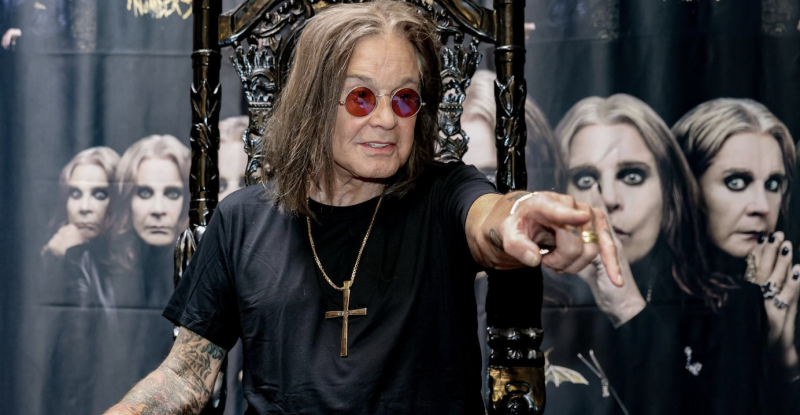John Michael "Ozzy" Osbourne, the iconic frontman of Black Sabbath and a solo artist whose career spanned over five decades, passed away on July 22, 2025, at the age of 76. His death, confirmed by multiple sources including his death certificate released in August, was attributed to a heart attack—specifically, an out-of-hospital cardiac arrest triggered by an acute myocardial infarction, compounded by longstanding coronary artery disease and Parkinson's disease, which he had battled publicly since 2003. Osbourne's passing marked the end of an era for heavy metal, a genre he helped define with his raw, theatrical vocals and unapologetic persona as the "Prince of Darkness."
Osbourne's health struggles had been well-documented in recent years. Diagnosed with Parkinson's in 2003, he underwent multiple surgeries, including spinal operations in 2019 and 2020 that left him with limited mobility. Despite these challenges, he remained active, releasing his final album, Patient Number 9, in 2022, which featured collaborations with artists like Tony Iommi, Jeff Beck, and Eric Clapton. The album debuted at No. 1 on the Billboard Rock Albums chart and earned a Grammy nomination for Best Rock Album. In early 2025, Osbourne announced his farewell tour, culminating in a reunion performance with the original Black Sabbath lineup—himself, Iommi, Geezer Butler, and Bill Ward—at London's O2 Arena on July 5, 2025. This show, billed as his last, drew 20,000 fans and featured a two-hour setlist spanning Sabbath classics like "Iron Man" and "War Pigs," alongside solo hits such as "Crazy Train."
Tragically, new details emerged in November 2025 revealing Osbourne had been hospitalized just two weeks before that final concert. According to statements from his family, including wife Sharon Osbourne, he was admitted to a Los Angeles hospital on June 21 for complications related to his Parkinson's and a recent fall. Doctors stabilized him, allowing the performance to proceed, but the strain proved too much. Sharon later shared in a People magazine interview that Ozzy's determination to reunite with his bandmates for one last time was "his way of saying goodbye to the fans who carried him through everything."
The global response to his death was immediate and profound. Black Sabbath issued a joint statement calling him "the voice that started it all," while tributes poured in from peers like Elton John, who described Osbourne as "a warrior who never gave up," and Billie Eilish, who credited his influence on her darker-themed music. President Donald Trump, a longtime acquaintance, praised Osbourne's resilience in a White House address, noting their shared history of overcoming personal demons—Osbourne's battles with addiction, which he chronicled in his 2009 memoir I Am Ozzy and the MTV reality series The Osbournes.
Osbourne's career began humbly in Birmingham, England, in 1968, when he formed Black Sabbath with schoolmates Iommi, Butler, and Ward. Their self-titled debut album in 1970 introduced the world to doom-laden riffs and occult imagery, selling over 75 million copies worldwide. Dismissed by critics as "satanic" at first, Sabbath's sound evolved into the blueprint for heavy metal. Osbourne's solo career exploded in 1980 with Blizzard of Ozz, featuring guitarist Randy Rhoads, whose tragic death in a 1982 plane crash became another chapter in Osbourne's lore of loss. Hits like "Mama, I'm Coming Home" (1991) and inductions into the Rock and Roll Hall of Fame (2006 for solo, 2005 for Sabbath) cemented his status.
Beyond music, Osbourne was a cultural force. The Osbournes (2002-2005) humanized rock stardom, showcasing family life with Sharon, son Jack, and daughter Kelly, and drawing 8.5 million viewers at its peak. His advocacy for Parkinson's awareness, through the Ozzy & Friends charity, raised millions. In his final months, he recorded a duet with daughter Kelly, "Take What You Want," released posthumously in September 2025.


